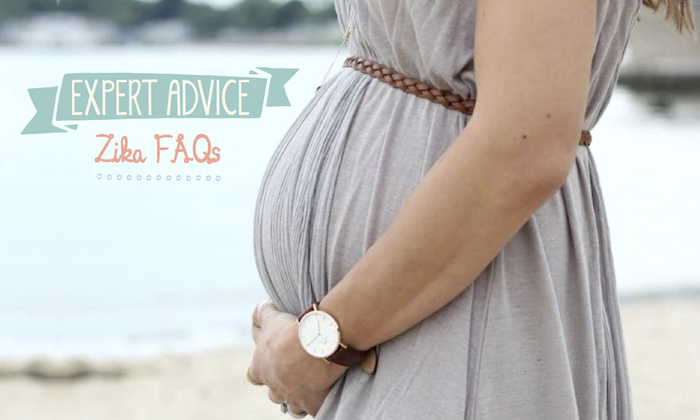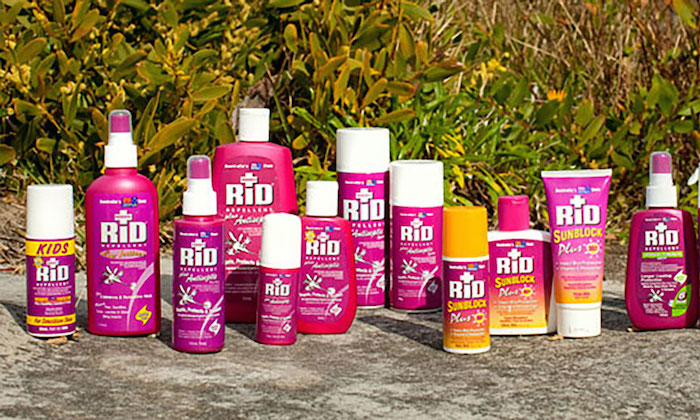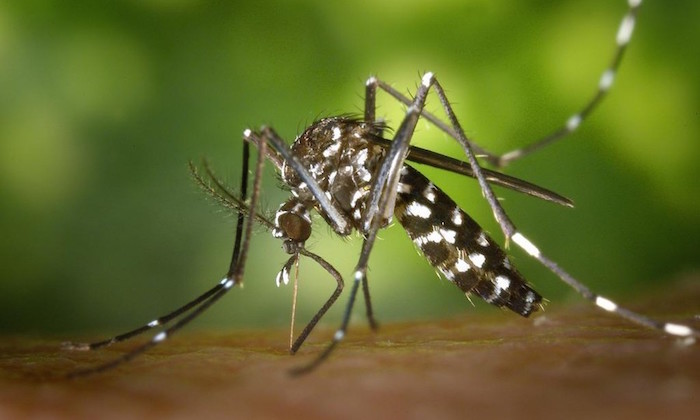

We chat with the doctors at International Medical Clinic to find out what you can do (and what products you can use) to keep yourself and your kids safe from Zika virus, mama
With the recent outbreak of Zika virus in Singapore, mamas across the island have been scrambling to do everything they can to protect themselves and their families. We’ve heard reports of bug spray outages at various drug stores, and have seen countless infographics about which bug sprays are most effective. (Sadly, it looks like popular items like bug patches and lemongrass sprays are not particularly effective deterrents.)
In addition to our recent article from Dr. Cheryl Kam about Zika virus, its symptoms, and its effect on pregnant women, we wanted to share some more expert advice with our audience about what you can do to keep yourself safe.
We recently chatted with the team of doctors at International Medical Clinic (IMC), who provided some great specifics on the best bug spray products and answered our questions about the safety factor of DEET.
The #1 takeaway, they told us, is that NO mosquito bite = NO risk of Zika infection.
Read on for insights, and be sure to also check out the handy FAQ on the IMC website, mama!


What steps can pregnant mamas take to avoid contracting Zika?
The most sensible step is insect avoidance – to avoid being bitten by mosquitoes. If outdoors, wear long-sleeved tops / long trousers and use good quality insect repellent (more on that below).
The current advice provided by the World Health Organisation is for pregnant women to abstain or use adequate protection during sexual intercourse to reduce the likelihood of transmission of Zika virus.
Is Zika dangerous for children? What can we do to keep them safe?
At present, there is no documented evidence about any effect of Zika virus on children.
We should adopt the same insect avoidance measures with children, too. When playing outdoors, be mindful of mosquitoes and use appropriate insect repellents. Also don’t forget to reapply repellents frequently if you are outdoors for a prolonged period, or if the activities involve water, eg swimming, where the repellent is more likely to be washed off after water contact.


What are specific bug spray products and brands that we should buy to try to prevent Zika?
DEET-based insect repellent is currently the gold standard in mosquito repellents. Concentrations greater than 50% should not be applied onto the skin directly.
Long-term research has shown DEET to be safe for use in both adults and children.
At IMC, we import the RID® brand of insect repellent, which is available for purchase at all of our branches. There is also a kids’ version of RID® (7% DEET, licensed to be used above the age of 2 months) which contains a lower concentration of DEET. This needs to be reapplied every two hours.
Children over the age of 6 months can use the adult version (19.5% DEET), where reapplication is recommended every six hours.
When selecting a mosquito repellent, consider the length of time you need protection and the active ingredient (such as DEET) and its percentage.


Is DEET safe for pregnant women? What about for children? How does it compare to Picaridin in terms of safety and efficacy?
Yes, DEET is safe for use in pregnancy, so long as it is within the recommended concentration.
It is also safe in children when used correctly. DEET has been present for about 50 years, and there is adequate long-term data to show its safety profile. The concerns about DEET in the past were linked to the very high concentration (above 50%) formulations.
Picaridin is also recommended as an insect repellent. It has been on the market since the 1980s, so the long-term data is not as robust as DEET.
Why has Zika spread so rapidly in Singapore? Is there any forecast of how the government aims to curtail the outbreak?
As Zika is spread through mosquito bites transmitted from one person to the next, the spread can be rapid. Hence prevention of mosquito bites is key.
The government has stepped up their measures with mosquito-borne transmission, using large-scale fumigation processes. We can play our part with good insect avoidance measures as mentioned above.
As the outbreak is moving at a rapid rate, advice is changing all the time. We recommend checking into government portals like the MOH and NEA to stay up-to-date on advice.


Are there particular times of day when mosquitoes are particularly prevalent that we should avoid being outside?
The Aedes mosquito is generally most active during daylight hours, with peak biting hours at dawn and dusk (approximately 6-8am and 6-8pm). However, mosquitoes bite day or night, indoors or outdoors, and in urban or rural areas. So whilst Zika is on the rise, it is always wise to be vigilant with insect avoidance at all times.
![]()
![]()
Thank you, IMC! Please check out this full list of resources for more info on Zika virus in Singapore and beyond:
The Centers for Disease Control and Prevention
IMC FAQs
The Singapore Ministry of Health
Singapore National Environment Agency
Straits Times coverage
World Health Organisation






 View All
View All





 View All
View All








 View All
View All







